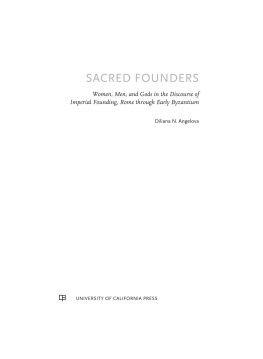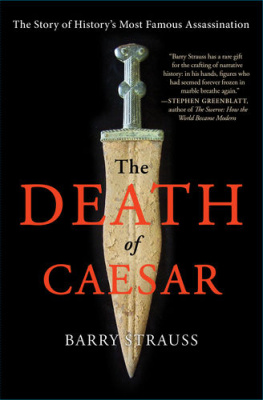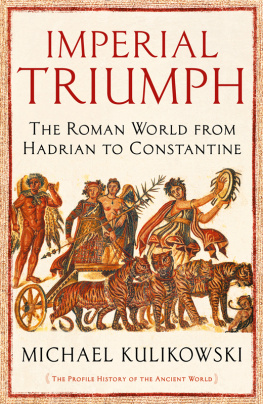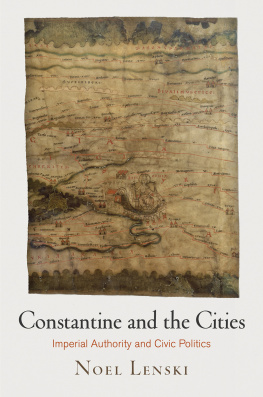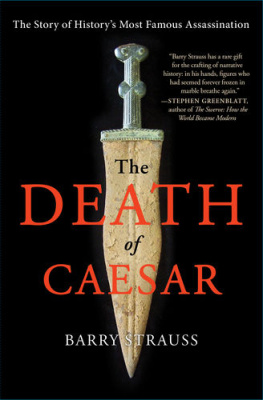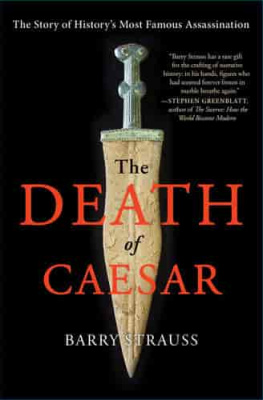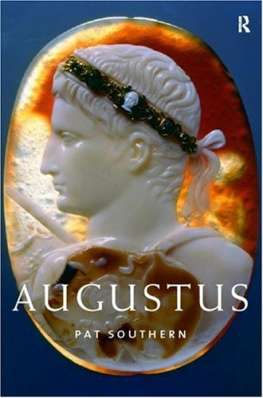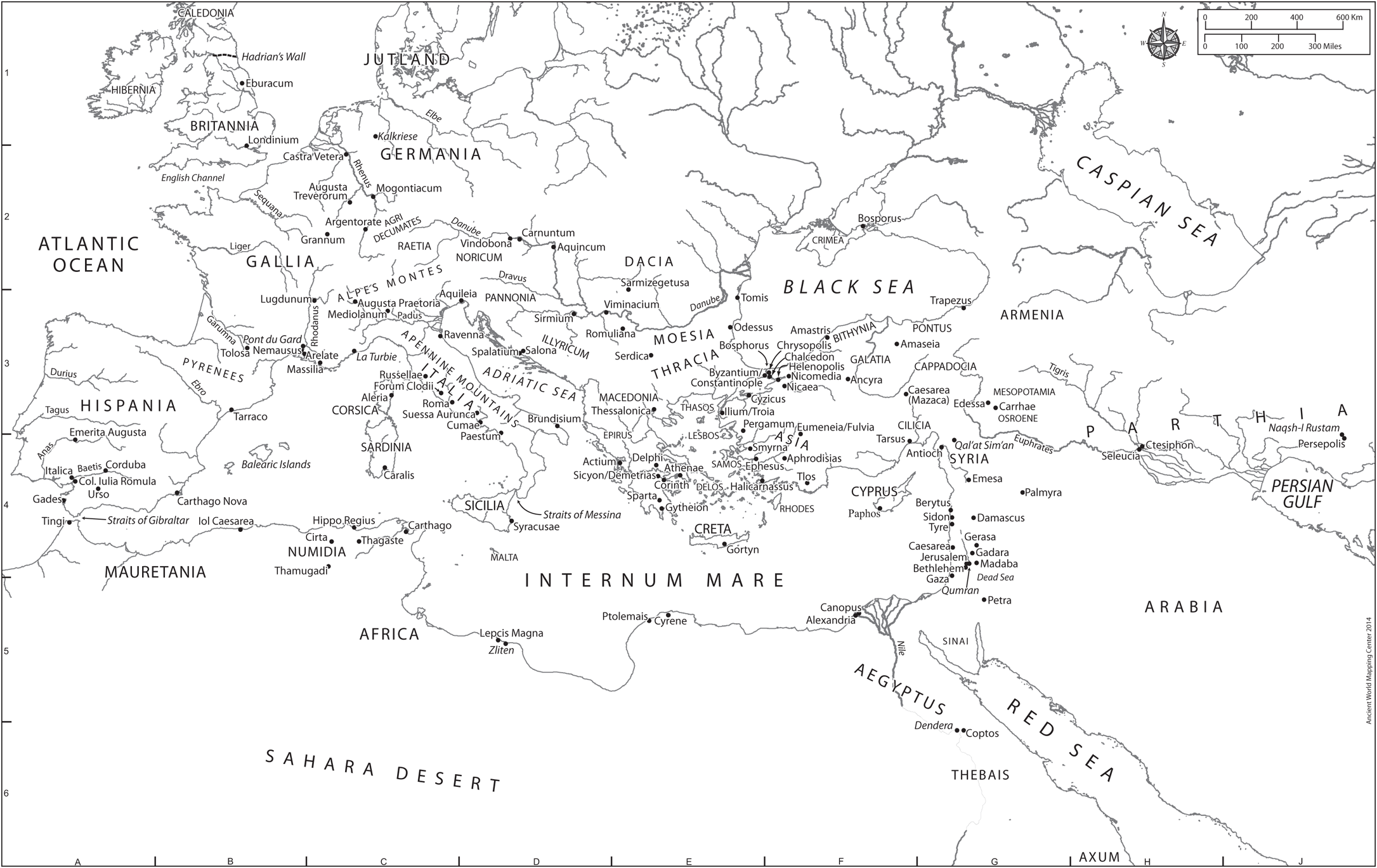Frontispiece. The Mediterranean World
ACKNOWLEDGMENTS
This book has been many happy years in the making, and it is with great pleasure that I recognize the individuals and institutions that helped me bring it into the world. Ive had superb mentors and teachers. My debts to them are enormous. Annemarie Weyl Carr steered the first stage of this project (an masters thesis at Southern Methodist University) with peerless generosity, encouragement, and wisdom. She continues to be a role model. Ioli Kalavrezou, my dissertation advisor at Harvard University, provided years of unfailing support. Combining exacting standards with inimitable charm and humor, she impressed on me early on the importance of balancing work with a rich personal life. Her example in breaking boundaries of various kinds is always with me. I am grateful to Michael McCormick for being so generous with his time and for sharing with me his vast knowledge of the ancient and the medieval world. I am a far better scholar thanks to his instruction and example. Throughout my Harvard years, Rabun Taylor was a close advisor and a friend. I thank him for his deft improvements of my often errant prose. His erudition and knowledge have saved me from more than one mistake. Gloria Ferrari Pinney sparked in me a passion for Greek art. She guided me into a number of intriguing topics, and Im grateful for her insights. Carmen Arnold-Biucchi patiently and generously guided me through important numismatic questions. She drew my attention to many coins that proved critical to my arguments.
Colleagues at the three institutions have supported me intellectually and otherwise. A score have read the manuscript in its various incarnations, and have helped me improve it. Ill never forget Pamela Patton and Eric Whites warm welcome to me, and to my growing family, at SMU. Bonnie Wheeler and Jeremy Adams generously included me in the medieval community on campus. Im grateful for the friendship of Carol and the late David Weber. The congenial environment at the University of Colorado at Boulder helped me made huge strides in turning the dissertation into a book. In this, Ive benefited from the advice, creativity, and generosity of Noel Lenski, Beth Dusinberry, Marjorie McIntosh, Kirk Ambrose, Elissa Guralnick, and Jackie Elliott. On a number of occasions, Ive leaned on Martha Hanna, Virginia DeJohn Anderson, and Fred Anderson for advice. Peter Boag and Susan Kent have been staunch allies. To all of them Im profoundly grateful.
The fertile intellectual environment at the University of California, Berkeley, and of the UC community more broadly, proved key to the final stages in the conceptualization, expansion, and writing of the book. My colleagues Marian Feldman, Beate Fricke, Erich Gruen, Christopher Hallett, Maria Mavroudi, Carlos Norea, Michele Salzman, and Andrew Stewart have all left their distinctive imprints on the present book. They have suggested structural changes, flagged omissions, corrected mistakes, supplied references, and warmly disagreed on various points of argument. In so doing they pushed me in the best possible way to improve the final product. I much appreciate their recommendations, engagement, and encouragement. I also thank kindly my colleagues from the California Consortium For the Study of Late Antiquity for their welcome and encouragement: Emily Albu, Catherine Chin, Beth DePalma Digeser, Harold Drake, Susanna Elm, Claudia Rapp, and Michele Salzman. Ive benefited as well from the advice, generously given, of John Dillon, Steve Justice, Emily Mackil, and Maureen Miller. Heartfelt thanks go to Stephanie Pearson and Andrew Griebeler, doctoral students at UCB, for reading the manuscript and making valuable suggestions. I thank Paige Walker, a UCB graduate, for her help with research. In Susanna Elm Ive found an advocate, a mentor, and a friend. She has supported this book and its author in more ways than I can possibly repay. Im grateful also to Mary Elizabeth Berry for the invaluable help shes given me since I arrived at Berkeley. My sincere thanks also go to Maria Mavroudi for her unflagging support.
With typical generosity, Anne McClanan, one of the University of California Press readers, offered valuable advice and helped with the final stages of the process. Im much obliged to her, and to the two anonymous readers engaged by UCP. Many times Ive relied on Alicia Walker and Amanda Lyuster for their advice and creative energies, and I thank them abundantly. Ive profited from the suggestions and encouragement of Ivan Drpic, Anna Kartsonis, Asen Kirin, Kriszta Kotsis, Ccile Morrisson, Philip Rousseau, and Jean-Michel Spieser.
Generous grants from Harvard University, University of Colorado, Boulder, and the University of California, Berkeley, have aided in the research and writing of his book. In the last few years, Ive especially benefited from a Hellman Family Research Grant, a Mini-Conference Grant from the Institute for International Studies, a GROUP Summer Apprenticeship from the Doreen B. Townsend Center of the Humanities, and a Humanities Research Fellowship, all from UC Berkeley.

